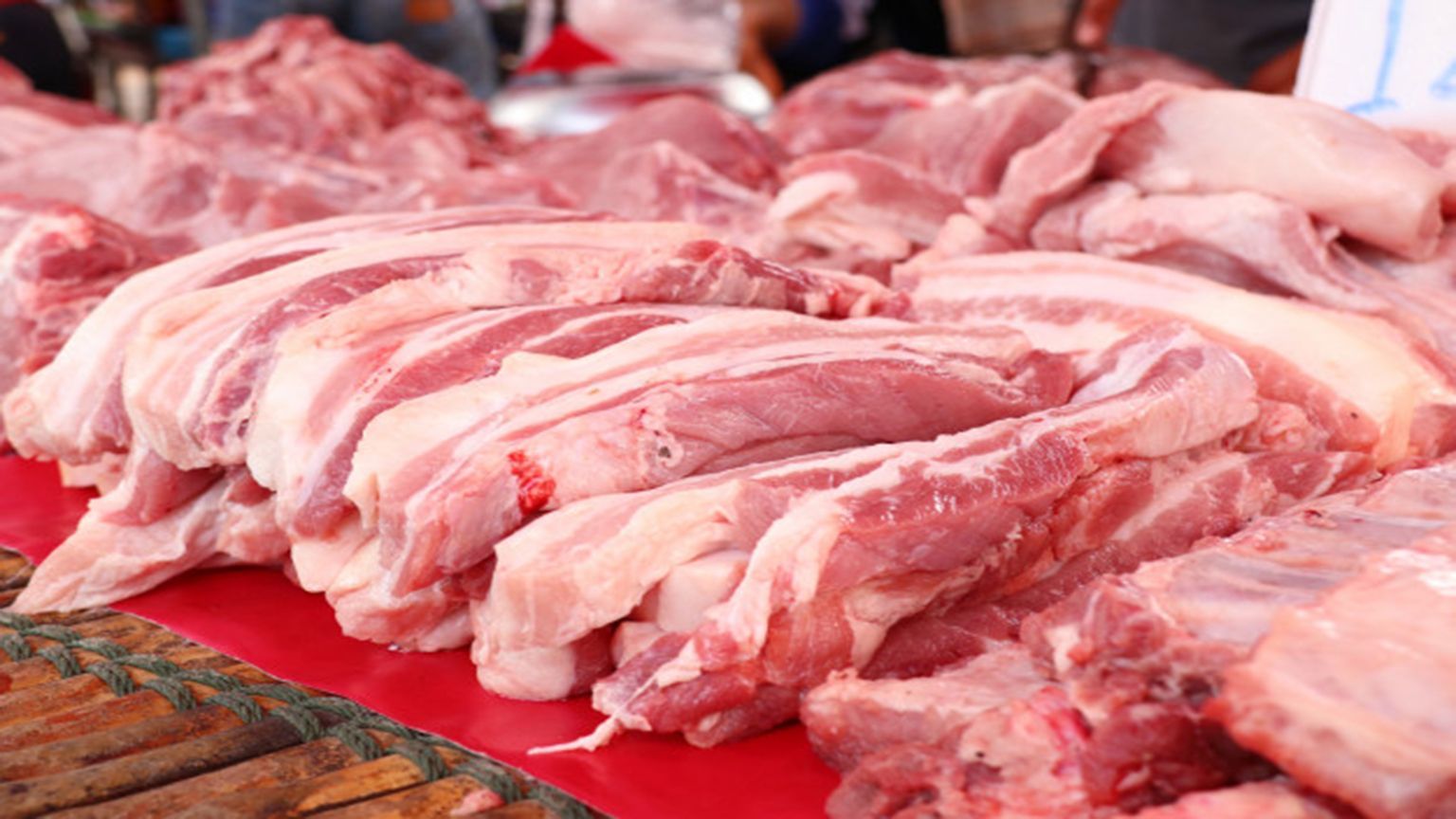The woeful slide of the Philippines, in practically every agricultural product, from the largest producer and exporter to the largest importer, continues to haunt our history books in agriculture.
From the eighth largest producer of pork in the world, the Philippines is now the largest importer/consumer of Brazilian pork merely because we have miserably failed to control the devastating spread of African Swine Fever, which 11 other producing countries have licked through science and vaccines.
At the moment, we are still pleading with vaccine producers around the world for more supplies of vaccines against ASF so that we can contain, if not totally eliminate this scourge killing our hogs like others have done.
As columnist Marlen Ronquillo of Manila Times said: “From China to Bhutan to the former countries of the Soviet Union, the pork industry managed to control the ASF through science and vaccines. Here, ASF spread, not ASF containment, remains the embarrassing reality.”
On top of our continuing beef imports from Brazil, the Philippines has from the January to June 2023 period imported a total pork of 50,922 metric tons (MT) and for the same period this year, this rose to 84,279 MT, leaping over 60 percent, Ronquillo noted adding that Filipino importers are delighted by the promise that henceforth shipments would be faster and better coordinated.eforth be faster and better coordinated, was not given the full context it deserved. The news report merely said that our country is now the second biggest market.
As Ronquillo said, “The Philippine pork industry is still hopelessly battling the seemingly unconquerable ASF through the most inconsequential tools that it can deploy: press releases, big talk and misplaced official optimism that the scourge will soon be over and a day of swine deliverance will pop out at the end of a dark tunnel. (The hard copies of the optimistic press releases can fill one 20-ft container van.)”
“But we all know that only modern animal health science practices and vaccines, not official optimism and press releases, will end the ASF misery. And that same incompetence and cluelessness in battling the ASF scourge is an incentive to the likes of meat-exporting Brazil to exploit the big potentials of the Philippine pork market,” Ronquillo added.
Brazil is filling a void whose origin story is our decimated hog farms, which in turn was caused by the failure of our agricultural authorities to rein in the ASF epidemic, which is currently wiping out pig farms across the country. China's hog industry was a question mark after the ASF ravaged farms across China in 2019. By late 2020, China's agricultural authorities reported near full recovery.
Our agricultural mandarins recently laid out an optimistic scenario. By the last quarter of 2024 vaccines — finally — will be tested on surviving hog farms to test the vaccines' efficacy and potency. Most probably these will be the two vaccines that had been developed by Vietnam.
Vietnam is one of the most economically dynamic countries in Asia, attracting three to four times our yearly foreign direct investment. As global industrial and technology giants are reconfiguring their supply chains to lessen their dependence on China-based assembly and production, the two top relocation areas are India and Vietnam.
Vietnamese vaccines, which will provide life support to our battered hog farms, represent an insignificant slice of our dependence on Vietnam, food-wise, since it is the biggest and most steady supplier to us of rice, our basic staple, whose rice industry learned from us..
“With the passage of Congress under the Duterte administration of the Rice Tariffication Law (RTL) in early 2019 ending the regime of quantitative restriction (QR) on rice, the orgy of reckless, greed-driven rice importation started. In just 10 months of 2019, a historic 3.1 MT of rice was imported, a figure that also made us the top rice importer in the world. And of that 3.1 million MT, around 2.7 million came from Vietnamese ports,” Ronquillo reported.
Since 2019, Vietnam has been our biggest rice supplier. But for pork, Brazil fills our void. Vietnamese rice farmers are literally feeding millions of rice-starved Filipinos. And we are begging the Vietnamese rice farmers to supply us even more rice.
Our dependence on other countries for food is by now a familiar story. That dependence will further intensify in the years to come as the institutions of Philippine agriculture have been on the trajectory of continuous regression. Another heartbreaker, he said, is bananas, which we used to be a top supplier but now no more.
Ricardo Santin, president of the Brazilian Association of Animal Protein (ABPA) said in a recent presscon in his country that Brazil is prepared to be a country to complement population growth. “There should be no borders for food as it is high time for governments to work in a new way to meet the increasing global demand for food.”
tHe added that Brazilian exporters intend to boost the hog supply of various countries through “complementarity” and make the South American country a “partner” of many industries.
Brazil has been the leading meat exporter (for beef, chicken and pork and even deboned chicken for fillings and extenders) to the Philippines for years.
Brazil eyes the Philippines as key market, with Manila importing in 2023 $681 million worth of animal protein. Now over 150 countries source meat from Brazil, the Inquirer reported.
#WeTakeAStand #OpinYon #OpinYonNews #ImportedMeats #ASF
